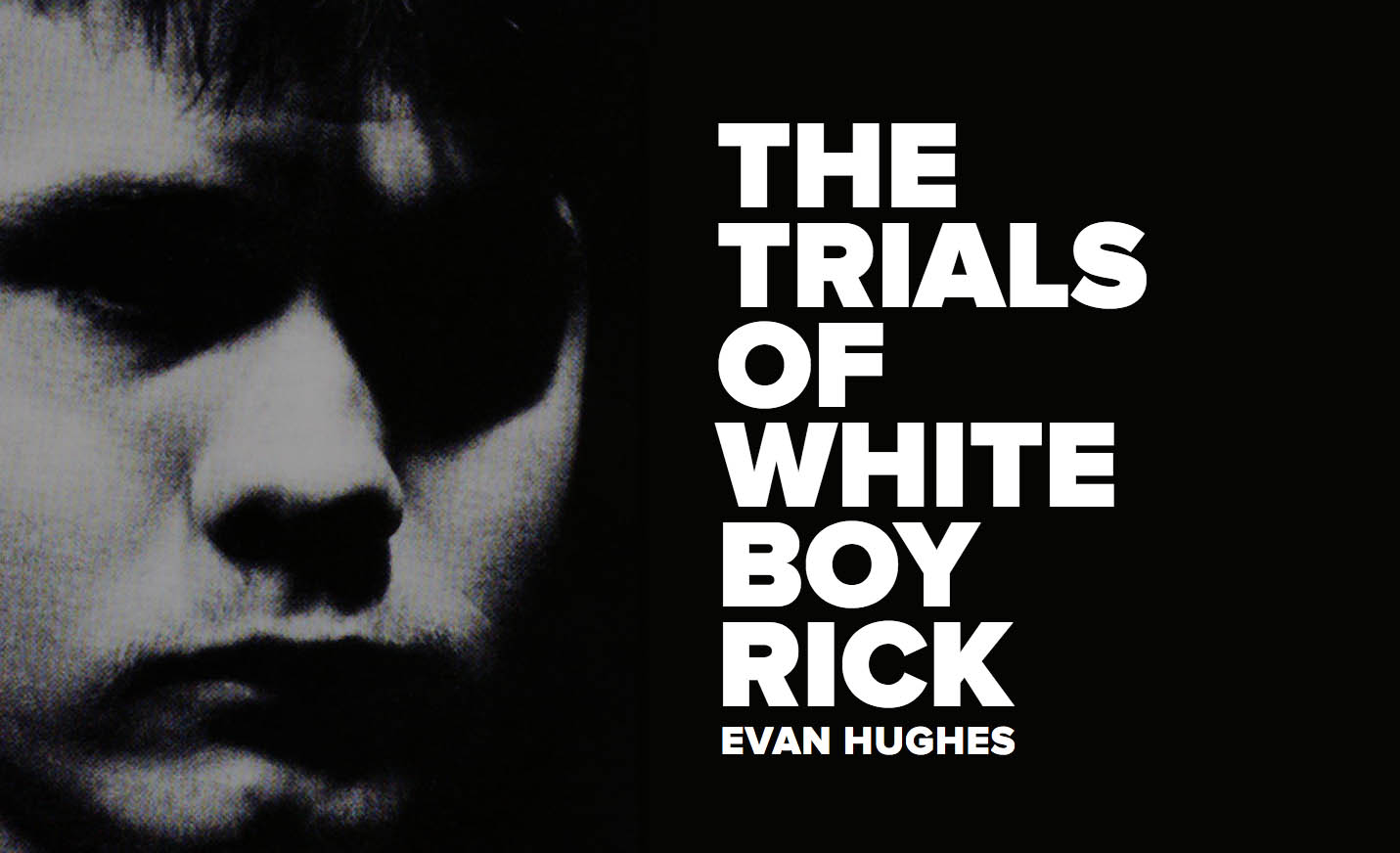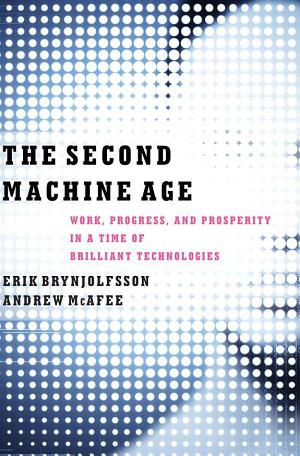
Manti Te’o’s Dead Girlfriend, the Most Heartbreaking and Inspirational Story of the College Football Season, Is a Hoax
The story was told by Sports Illustrated, CBS News, and countless others: linbeacker Manti Te’o, Heisman trophy candidate and the face of Notre Dame football, was playing brilliantly despite the tragic loss of his girlfriend to leukemia early in the season. The reporters missed one key element of Te’o’s story, however: the girl hadn’t died. She couldn’t have. She didn’t exist.


















